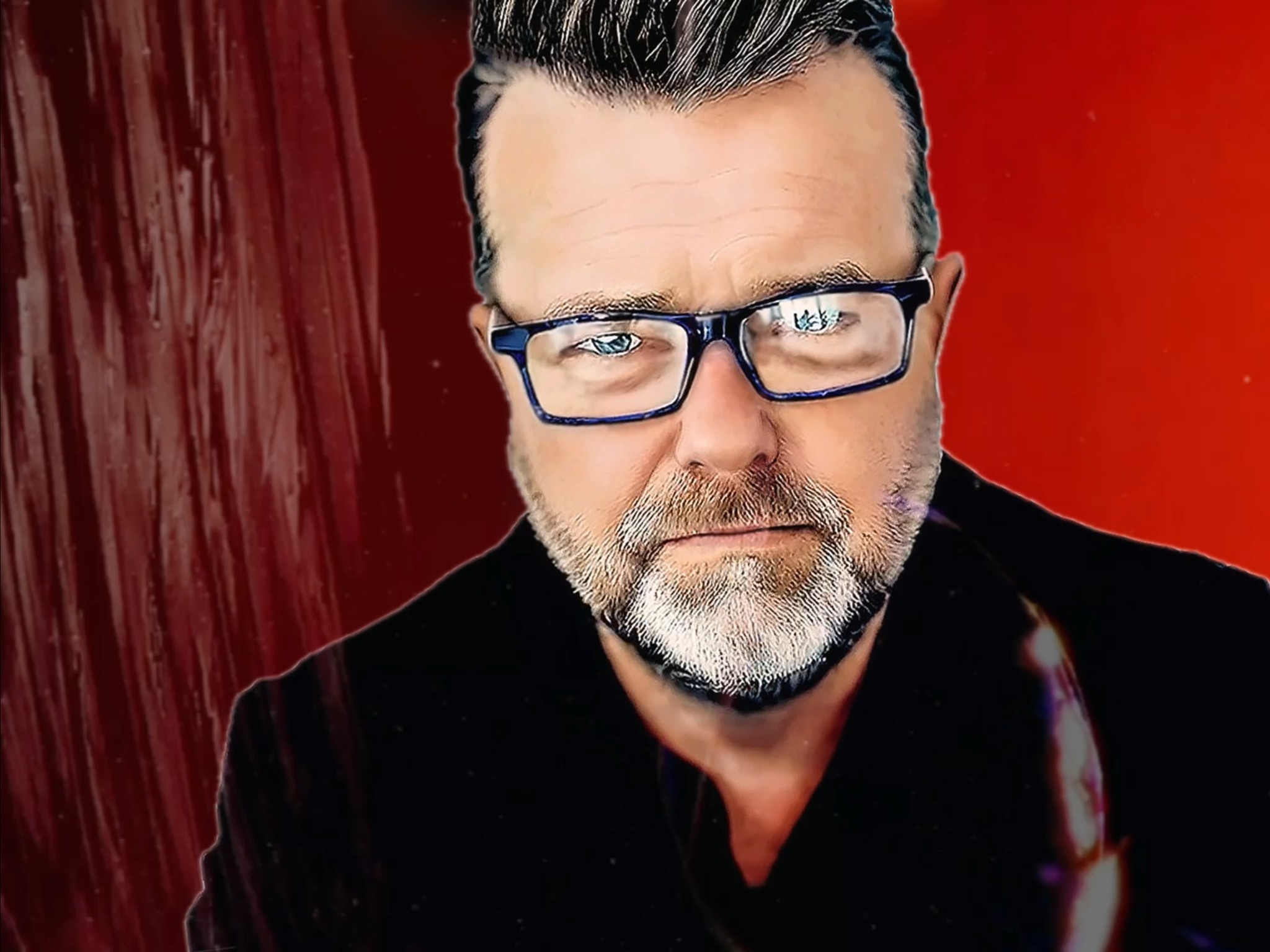As the holidays approach, we often find ourselves surrounded by family, friends, and celebrations. It’s a season for gratitude, reflection, and setting goals for the year ahead. But for some, this season can bring feelings of sadness and loneliness. While many associate depression with visible sadness, some forms—like Persistent Depressive Disorder (PDD), also known as dysthymia, can be harder to spot, often lurking beneath the surface and dismissed as “feeling down” or having “the blues.”
If you’ve been feeling consistently low or know someone who’s struggling, it may be time to recognize these subtle signs and understand the steps you can take to help yourself or a friend.
What Are the Early Signs of Depression?
Depression can manifest in different ways, and often the symptoms may go unnoticed. Here are some signs to watch out for in yourself or others:
- Persistent low mood or sadness that doesn’t seem to lift
- Lack of interest in activities that were once enjoyable
- Difficulty focusing or making decisions
- Fatigue or low energy, even after a full night’s rest
- Changes in sleep patterns – trouble sleeping or sleeping too much
- Feelings of hopelessness or emptiness
When these feelings persist for extended periods, they can indicate a form of depression that goes beyond a temporary “bad day.”
What Is Persistent Depressive Disorder (Dysthymia)?
Persistent Depressive Disorder (PDD), or dysthymia, is a type of chronic depression that is less intense than major depression but can last for years. People with PDD often function “normally” in daily life but feel consistently low. Dr. Bethany Cook, a Licensed Clinical Psychologist, explains, “Dysthymia affects millions, particularly around the holidays when stress levels are high and sunlight exposure is low. Many people, especially men, don’t realize they’re struggling with it because it isn’t as ‘visible’ as other forms of depression.”
Six Primary Symptoms of Persistent Depressive Disorder:
- Relationship challenges – Struggling to connect emotionally with others
- Difficulty at work – Often feeling unmotivated or unfocused
- Self-imposed limitations – Setting up barriers that limit personal and professional growth
- Low energy and fatigue – Persistent tiredness that makes daily tasks seem harder
- Negative outlook – Constant pessimism or lack of enthusiasm
- Inability to self-motivate – Difficulty finding the drive to start or complete tasks
Why Do Men Experience Depression More Around the Holidays?
For many men, societal pressures make it difficult to openly discuss their feelings. As Dr. Cook notes, “Cultural stigmas often prevent men from seeking help, with phrases like ‘real men don’t complain’ or ‘only babies talk about feelings’ making them feel weak for even acknowledging their struggles.” This “cultural gaslighting” can lead to feelings of isolation, especially during the holiday season, when family gatherings and social expectations are high.
Men experiencing holiday depression may also face “winter blues,” a mild form of seasonal affective disorder (SAD) triggered by shorter days and colder weather. Symptoms include low mood, fatigue, and a reduced desire to engage in social activities.
How Can Vitamin D and Sunlight Help?
Sunlight and vitamin D play crucial roles in regulating mood and energy. Lack of sunlight during winter months reduces vitamin D levels, which can contribute to feelings of sadness, irritability, and disrupted sleep. Dr. Cook suggests starting with vitamin D supplements if you’re not getting enough sun. “A dose of 10,000 IU daily can help, and consider increasing the dose after consulting a health professional if you don’t notice improvements.”
Cognitive Behavioral Therapy (CBT) for Depression
Cognitive Behavioral Therapy (CBT) is one of the most effective treatments for dysthymia and other forms of depression. CBT helps individuals recognize and change negative thought patterns, replacing them with more constructive and balanced ways of thinking. Studies have shown that CBT can improve mental health significantly by promoting resilience and equipping individuals with tools to manage depressive symptoms.
Practical CBT Techniques to Try:
- Daily Journaling: Write down negative thoughts and identify positive alternatives.
- Cognitive Reframing: Challenge pessimistic beliefs by questioning their validity and finding evidence to counter them.
- Behavioral Activation: Commit to engaging in small enjoyable activities, even when motivation is low.
What Are Practical Ways to Manage Depression During Winter?
Feeling down during the colder months can be overwhelming, but there are actionable steps to improve your mood and energy:
1. Maintain a Balanced Diet
- Eating a balanced diet with plenty of whole foods can help stabilize blood sugar, improving mood and energy. Avoid excessive sugar and processed foods, which can cause spikes and crashes in blood sugar levels that negatively impact mood.
2. Stay Active
- Exercise is essential for both mental and physical health. Even a 20-minute walk outdoors can increase serotonin levels, lifting your mood. Aim to build up to 10,000 steps daily to benefit from natural endorphins.
3. Establish a Routine
- Creating a regular sleep schedule and morning routine can help regulate your body’s circadian rhythms, which are often disrupted during the winter months.
4. Get Outside
- Whenever possible, try to get outside during daylight hours. Exposure to sunlight, even indirect, can help regulate your sleep patterns and support vitamin D production, which is essential for mood regulation.
5. Reduce Stress Triggers
- Identify stressors in your life and take steps to manage or avoid them. If work is a stress point, consider setting boundaries. If certain relationships are challenging, reduce time with those individuals when possible.
Answering Common Questions About Depression
- How can I tell if I have dysthymia?
- Dysthymia involves long-term low mood and fatigue. If you feel down for over two years and struggle with motivation, consider consulting a mental health professional for an evaluation.
- What is the difference between winter blues and seasonal affective disorder (SAD)?
- Winter blues are mild feelings of sadness during the colder months, while SAD is a more intense form of seasonal depression that can disrupt daily life.
- What are effective treatments for seasonal affective disorder in men?
- Light therapy, exercise, vitamin D supplementation, and CBT are commonly recommended treatments.
- How does CBT help with depression?
- CBT focuses on identifying and altering negative thought patterns, helping individuals improve their mood by changing the way they interpret experiences.
- What strategies can help manage holiday-related depression?
- Balance social commitments, take breaks, and focus on personal well-being. Try to find small moments of joy, whether through self-care, hobbies, or connecting with loved ones.
- Can vitamin D deficiency cause mood disorders?
- Yes, low vitamin D levels are linked to mood disorders. Supplementation can be helpful, especially in winter.
Taking Control of Your Mental Health
If you or someone you know might be experiencing depression, remember that help is available, and improvement is possible. Dr. Cook advises, “Being aware of your mental state is the first step. By recognizing the symptoms early, you’re taking a powerful step toward building a more resilient and fulfilling life.”
Taking small, actionable steps like adjusting your diet, establishing routines, getting outside, and managing stress can make a big difference. Remember, depression is manageable, and with the right support, everyone can learn to embrace life with renewed optimism.









